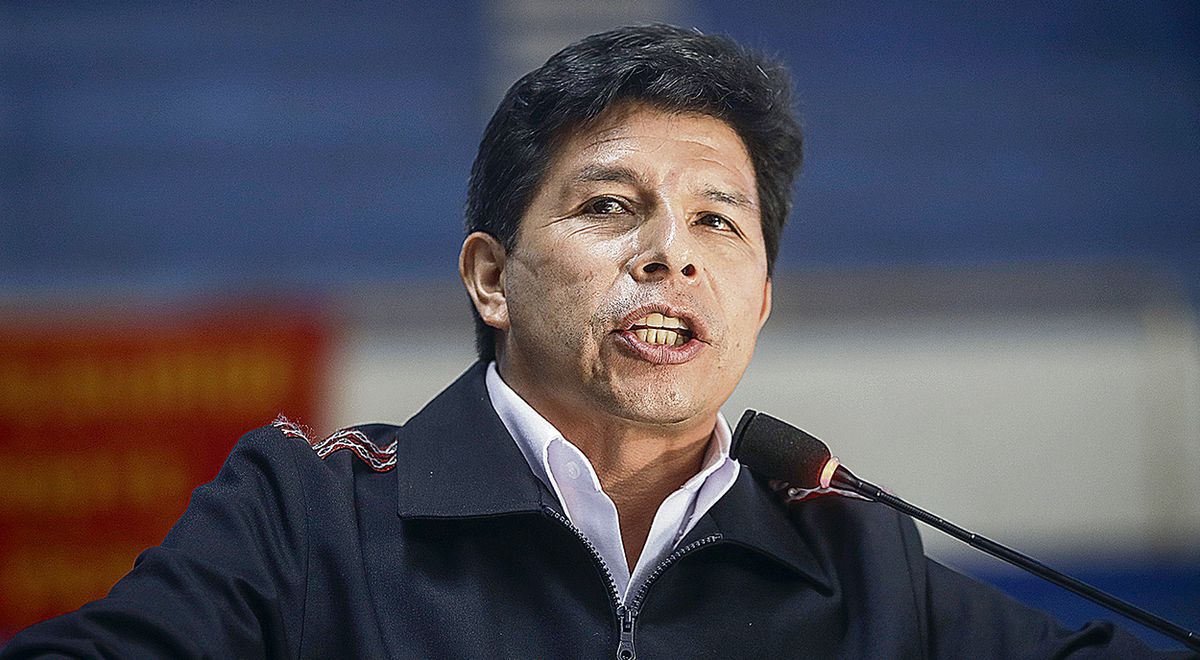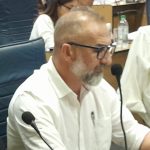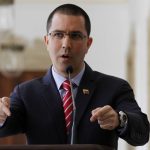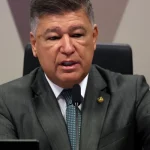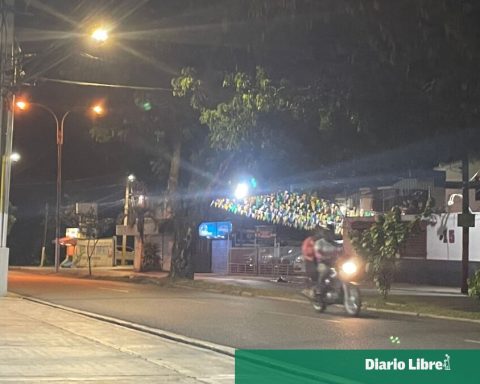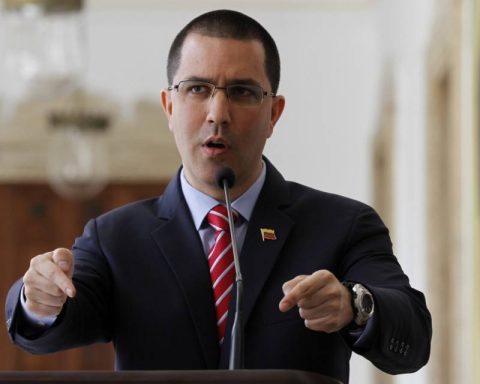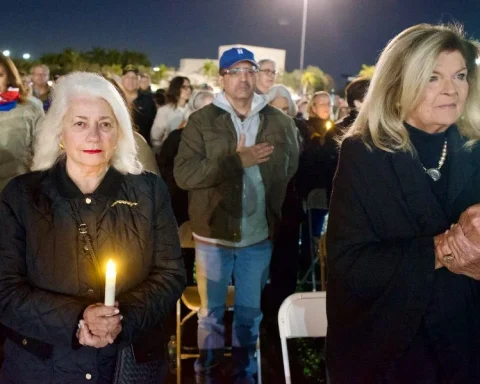President Pedro Castillo announced yesterday from Ica that he will observe the autograph of the law that affects the autonomy of the National Superintendence of Higher University Education (Sunedu). In parallel, legislators and citizens are preparing lawsuits of unconstitutionality, in case Congress decides to promulgate this norm by insistence.
The president participated in the ninth decentralized council of ministers, in Nazca. From there he cleared doubts regarding the position of the Executive, in relation to the autograph sanctioned by Congress.
“The university reform cannot go back, that’s why the Executive Branch will observe the autograph of the law approved by Congress,” he said.
Already on Thursday, four parliamentarians from the Peru Libre caucus had sent a letter to the president, requesting to observe the aforementioned rule. They are Alex Flores, Flavio Cruz, Silvana Robles and José Balcázar.
YOU CAN SEE: They would ask to extend the term for inquiries about the Government
In the document, the legislators warn that with the recomposition of the board of directors of Sunedu, the universities would be becoming judge and jury, in the supervision of educational quality.
They also question that the members of the board of directors would no longer be chosen by public merit contest and the requirements to occupy these positions are reduced.
“The system that is intended to be imposed is similar to that of the extinct National Assembly of Rectors (ANR), the same one that did not comply with the responsibilities granted by the previous university law, precisely, by leaving the supervision of educational management”, they express.
YOU CAN SEE: Pedro Castillo will observe the autograph of the law that threatens Sunedu
five thousand signatures
President Castillo’s announcement to observe the autograph, however, does not annul Parliament’s threat, since they could enact the rule by insistence.
For this reason, from the citizenry the initiative to collect five thousand signatures to present a claim of unconstitutionality remains standing.
Lawyer César Azabache, who is one of the promoters, reported having formally requested the Constitutional Court (TC) for the forms to collect signatures.
He specified that the TC must decide whether to grant these forms now or wait for the enactment of the rule. In his opinion, there is no impediment to delivery, which would allow moving forward with the signatures. The lawsuit would be processed after the publication of the law in El Peruano.
YOU CAN SEE: Free Peru is divided? Official bench did not vote en bloc on the law that limits Sunedu
Azabache recalled that the TC, during the presidency of César Landa, declared that the previous model of the disappeared National Assembly of Rectors (ANR) constituted an unconstitutional state of affairs.
In this sense, he estimated that this body will ratify this position and declare the rule approved by Parliament unconstitutional.
Severo Cuba, representative of the Educational Forum, reported that they have already received communications from regions to join the collection of signatures.
“The problem with this law is that it takes away autonomy from Sunedu; they cannot take away the independence of the body that has the duty to supervise compliance with the basic quality conditions”, he explained.
YOU CAN SEE: Sunedu: 11 congressmen studied at non-licensed universities
Congressional demand
From the Parliament an initiative is also advancing for the processing of a second demand of unconstitutionality. It is promoted by the former Minister of Education and current legislator Flor Pablo Medina.
From the parliamentarian’s office they reported that the coordination is advancing and it is expected to achieve 33 signatures of congressmen for the process. This, because it is probable that the majority block decides to remove the law by insistence.
The Ombudsman also studies the issue. Sources from this entity reported that they are evaluating both the option of a lawsuit of unconstitutionality or an amicus curiae, taking into account that there are other lawsuits in progress.
YOU CAN SEE: RMP on law that weakens Sunedu: I bet Pedro Castillo is going to enact it
Hearing this Monday
On the other hand, this Monday the 9th there will be a hearing in the Superior Court of Justice of Lima, according to the head of Sunedu, Oswaldo Zegarra, in an interview on Radio Santa Rosa.
This is due to the fact that Sunedu filed an amparo claim, when the Education Commission, chaired by Esdras Medina (Popular Renovation), approved the ruling.
Sunedu requests in the lawsuit that all the acts carried out by Congress for the approval of the norm be declared null and void.
Another attack on education
Severo Cuba, from the Educational Forum, also questioned the approval in Congress of a law that seriously affects basic education, by allowing the interference of a group of parents in the revision of educational content.
“That norm that they approved goes against something profound that we have in a state of law and a secular state, it is an affront against freedom of thought; they want to intervene, from a fundamentalist perspective, to a vision that is democratic,” he pointed out.
The specialist did not rule out the promotion of a similar initiative to collect signatures for the presentation of another lawsuit.
YOU CAN SEE: San Marcos pronounces on the law that weakens Sunedu: “It is an achievement of the UNMSM and the rector Jeri Ramón”
reactions
Cesar Azabache, lawyer
“The Constitutional Court, when César Landa presided over it, already declared that the previous regime with the now defunct National Assembly of Rectors constituted an unconstitutional state of affairs.”
Oswaldo Zegarra, head of Sunedu
“(With the new law approved by the Congress of the Republic) the board of directors of Sunedu will be made up of university representatives. That is, the regulated become regulators”.
Severo Cuba, Educational Forum
“University education must be of quality, but this regulation that Congress has just approved is a missile against the quality of university education, we are going to have poorly trained professionals.”
